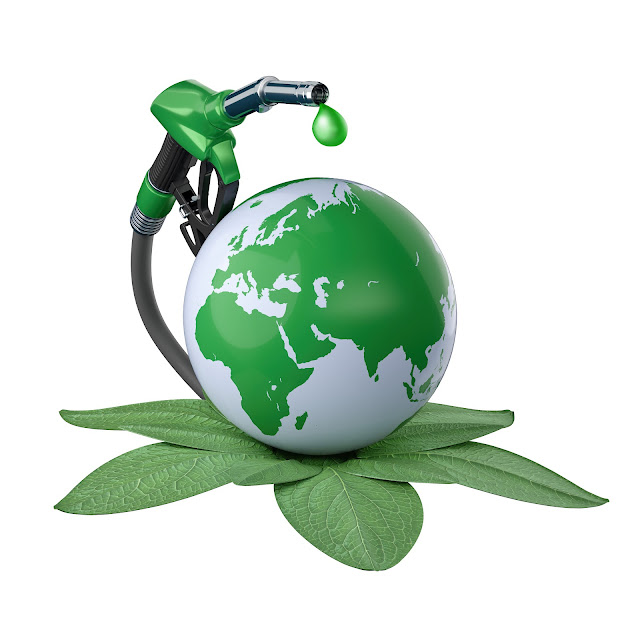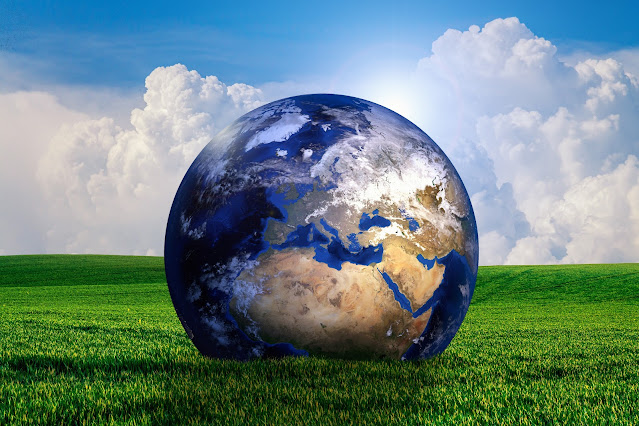Japan's decarbonization strategy revolves around the utilization of clean coal, hydrogen, and nuclear energy as a transitional phase towards renewable energy sources. However, concerns over energy security have been heightened by Russia's conflict with Ukraine, complicating Japan's efforts. Nonetheless, other advanced Western nations are advocating for the accelerated adoption of renewable energy technologies like solar, wind, and geothermal power.
Currently, Japan primarily relies on hydrogen produced from
fossil fuels. Critics argue that strategies emphasizing the commercialization
of hydrogen and ammonia primarily benefit large corporations and industries
deeply invested in fossil fuel-based technologies, exerting significant
influence over government policies.
Although Japan aspires to become a "hydrogen society,"
the hydrogen industry is still in its early stages. The government is currently
formulating legislation to support the establishment of necessary
infrastructure and supply chains for the commercial use of pure hydrogen and
ammonia as alternative hydrogen sources.
During a recent hydrogen council meeting, Prime Minister Fumio
Kishida expressed Japan's aim to create an "Asian zero-emission
community" by leveraging Japanese expertise in hydrogen, ammonia, and
other decarbonization technologies. Kishida emphasized the importance of
setting ambitious goals to enhance predictability and encourage long-term
investments in developing large-scale hydrogen supply and demand.
In February, Japan introduced a "green transformation"
plan that promotes next-generation solar batteries, offshore wind power, and
the reutilization of nuclear energy. Similar to hydrogen and ammonia
strategies, critics argue that these initiatives may primarily benefit
influential corporations and industries heavily invested in fossil fuel
technologies and their associated policies.
As Japan charts its path towards a "hydrogen society"
and grapples with energy security concerns amidst global tensions, the nation's
ambitious plans to increase hydrogen usage stand at the forefront of a
decarbonized future. With a substantial investment of 15 trillion yen ($107
billion) and a focus on strategic areas of development, Japan seeks to unleash
the potential of hydrogen, aiming for a triple achievement of decarbonization,
stable energy supply, and economic growth. As the hydrogen industry takes its
first steps, the world watches with anticipation, recognizing that Japan's
endeavors hold the key to unlocking a cleaner, more sustainable tomorrow.
Related Articles:
Revving Towards the Hydrogen Revolution: Japan's Motorcycle Makers Join Forces for Green Power




Comments
Post a Comment